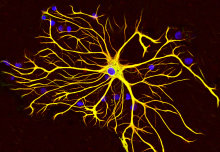

Circadian Support
Brain’s 'support cells' help mammals to keep time
'Caretaker' cells which support neurons in the brain play more of an active role in circadian rhythms and animal behaviour than previously thought.



Brain’s 'support cells' help mammals to keep time
'Caretaker' cells which support neurons in the brain play more of an active role in circadian rhythms and animal behaviour than previously thought.


Feature
Faecal transplants, ‘robotic guts’ and the fight against deadly gut bugs
A simple compound found in our gut could help to stop dangerous bacteria behind severe, and sometimes fatal, hospital infections.
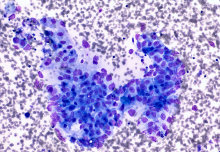

Breast cancer drug could create chink in the armour of pancreatic cancer
The well-known drug tamoxifen could exploit a weakness in the physical ‘scaffolds’ around tumours, according to research led by Imperial.
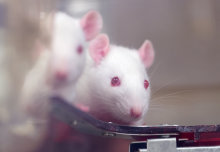

Imperial first UK university to gain international animal welfare accreditation
Imperial’s animal research facilities and staff have received international recognition for their standards of animal care and welfare.


Human brain cell transplant offers insights into neurological conditions
Scientists have created a ‘window’ into the brain, which enables researchers to watch in detail how human brain cells connect to each other.
 1
1


Supercharged natural killer cells may hold promise for cancer
A type of ‘supercharged’ immune cell could be mass-produced to help fight cancer.
 1
1
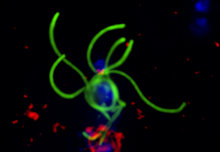

Drugs that stop mosquitoes catching malaria could help eradicate the disease
Researchers have identified compounds that could prevent malaria parasites from being able to infect mosquitoes, halting the spread of disease.
 1
1
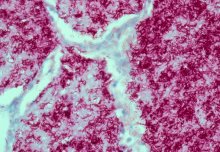

CD153: the molecule with potential protective power against TB infection
A study published this week in Nature Microbiology identifies the molecule CD153 as potentially key to controlling tuberculosis (TB) infection.
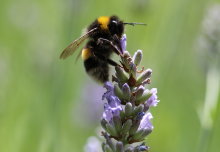

The more pesticides bees eat, the more they like them
Bumblebees acquire a taste for pesticide-laced food as they become more exposed to it, a behaviour showing possible symptoms of addiction.
 3
3


Broccoli, cabbage and kale may protect against colon cancer
Chemicals produced by vegetables such as kale, cabbage and broccoli could help to maintain a healthy gut and prevent colon cancer.
 1
1